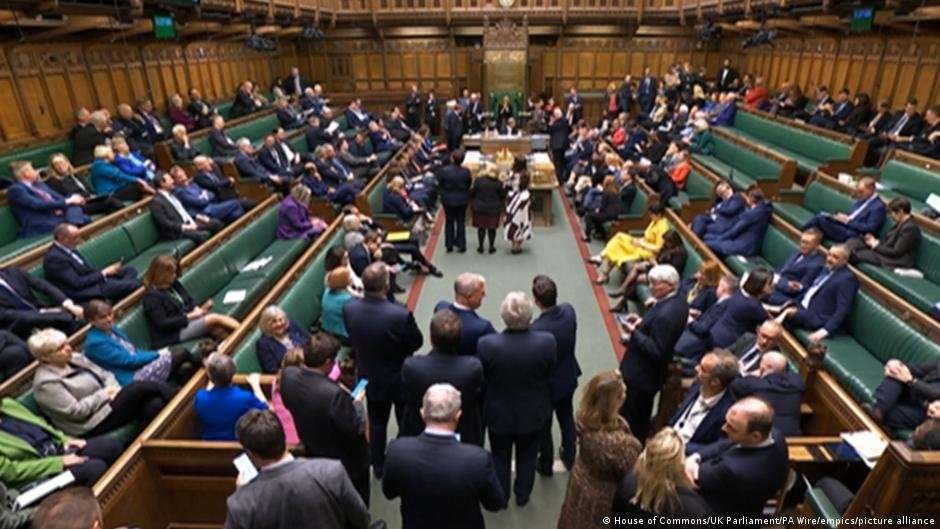In a significant development, the British Parliament has given its seal of approval to a contentious proposal spearheaded by Prime Minister Rishi Sunak, paving the way for the deportation of asylum seekers to Rwanda. Despite encountering legal hurdles in the past, the government’s perseverance has culminated in a decisive decision, with commercial jets already chartered and poised for action within months.
**Debate and Decision: Overcoming Legislative Challenges**
The bill, which sparked intense debate between the upper and lower houses, has finally cleared its final hurdle after the House of Lords conceded to refrain from further amendments. This milestone achievement comes after the House of Commons rebuffed two previous amendments proposed by the Lords, signifying a culmination of lengthy legislative battles.
**Prime Minister’s Assurance and Preparedness for Implementation**
Prime Minister Sunak, underlining the government’s preparedness, announced the imminent commencement of deportation flights. “We are ready, plans are in place and these flights will go, come what may,” Sunak affirmed during a press conference preceding the crucial parliamentary vote. His assurance underscores the government’s commitment to executing the plan without delay.
**Navigating Legal Complexities: Establishing Rwanda as a Safe Third Country**
Central to the bill’s approval is its provision to designate Rwanda as a safe third country, effectively overriding concerns raised by the UK Supreme Court regarding potential violations of international law. Additionally, the legislation empowers UK lawmakers to circumvent certain aspects of international and human rights law, further solidifying the government’s stance on the matter.
**Costly Controversy: Assessing Financial and Humanitarian Implications**
While critics decry the plan as a costly “gimmick,” estimating an expenditure of £540 million ($665 million) for the initial deportation of 300 individuals, proponents argue it as a necessary measure to curb illegal migration. However, doubts persist regarding its efficacy in deterring asylum seekers, given the ongoing influx of migrants crossing the English Channel.
**Logistical Readiness: Chartering Jets and Preparing for Flights**
Despite potential legal ramifications, Sunak revealed that the government has secured commercial jets and prepared an airfield for the inaugural deportation flights, slated to commence within 10 to 12 weeks. This logistical preparedness underscores the government’s determination to swiftly implement its deportation strategy.
**International Scrutiny and Potential Complicity Concerns**
As the debate continues, concerns have been raised by UN rights experts regarding the potential complicity of airline companies in violating international law through their involvement in the deportation project. This scrutiny highlights the complex ethical and legal considerations surrounding the issue, further amplifying the controversy surrounding the government’s plan.
**Conclusion**
The approval of the controversial deportation plan marks a significant milestone in the UK’s immigration policy, signaling a shift in approach towards addressing the challenges posed by illegal migration. However, the decision is not without its detractors and raises important questions regarding legality, ethics, and humanitarian considerations. As implementation moves forward, the eyes of the international community remain fixed on the UK, awaiting further developments and potential repercussions.
(Source: DW, Reuters, AFP, AP | First published: April 22, 2024 | Updated: April 23, 2024 | This article is brought to you by MigrantsGuide.com)



